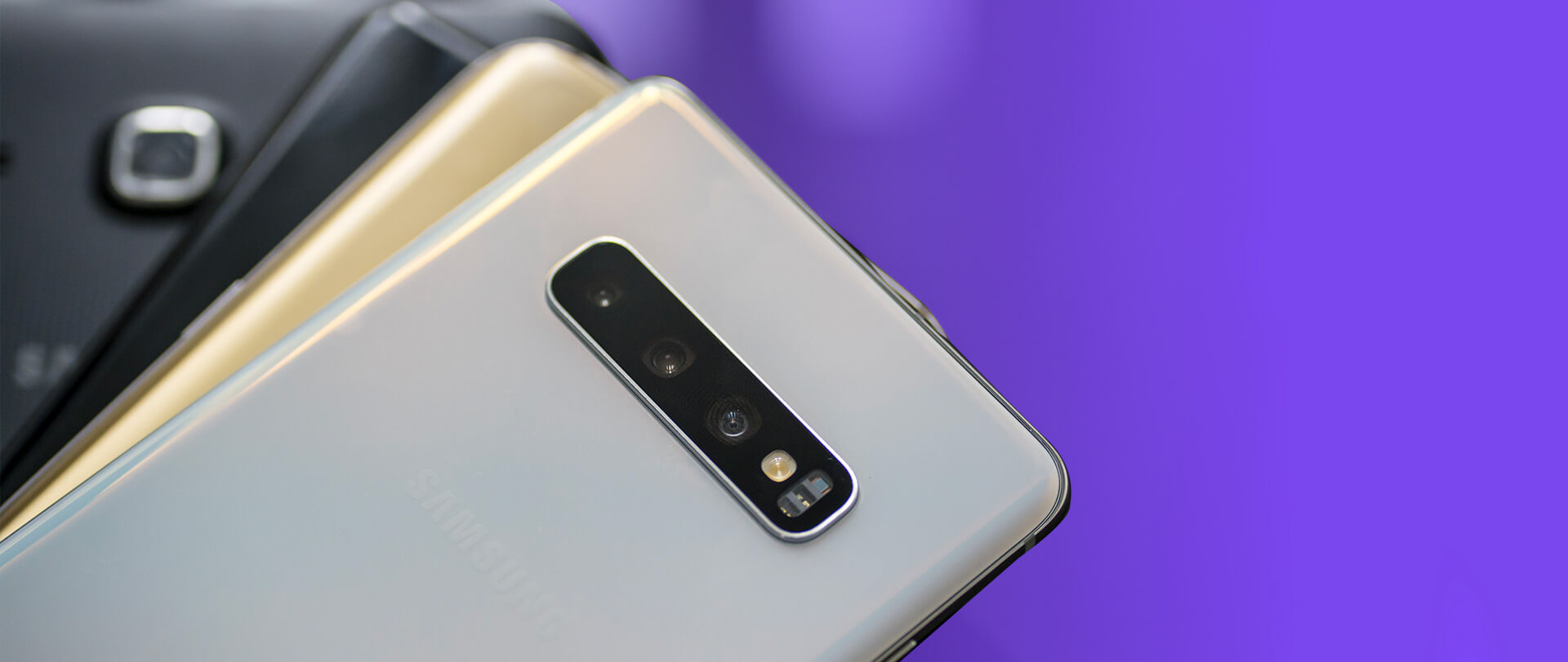This is the first article of a two-part series in which you’ll learn about the differences between iOS development and Android development.
If you love mobile development or want to begin exploring a career in the field, this article is for you. Let’s talk about iOS first…
The Popularity of iOS
Although the development of Android started earlier than iOS, it was iOS that was first publicly released with the unveiling of the first iPhone by Steve Jobs in 2007. It has been 12 years since iOS has been around, so you can imagine how far it has come.
In 2019, an impressive 68.1% of developers prefer iOS to other platforms, according to Stack Overflow’s 2019 Survey. That’s a pretty good number! So what makes iOS development so great?
The Pros and Cons of working on iOS
That depends. So if you’re thinking about becoming an iOS developer, you really need to weigh the pros and cons.
Pros
- iOS works well with macOS because of the good ecosystem of Apple devices that Apple has created. Also, there’s watchOS for Apple smartwatches and tvOS for Apple smart TVs. So if you are interested in developing apps for a family of Apple devices, iOS development is a good start!
- iOS is more dominant than Android in USA and parts of Europe. So if you want to build apps for people in those areas, iOS development is for you.
- iOS has a higher number of people willing to pay for apps than Android users. If you want to sell your app or have in-app purchases in your app on the App Store, iOS development is the way to go!
- Building iOS apps is faster than building their Android counterparts. This is one frequent piece of advice from developers who have experience in both Android and iOS.
- Apple users update their operating system more often, due to the constant software updates by Apple, which means you’ll be building apps for iOS targeting the latest OS.
Cons
- It’s harder to deploy apps on the App Store because of the strict rules and guidelines set by Apple. Some apps get rejected over and over again.
- While Apple may have larger market share in the USA and parts of Europe, Android is still dominant in other parts of the world. This is something to keep in mind if you want your app to have better outreach in the world.
- The $99/year fee for the Apple Developer Account is pretty steep if you’re a budding individual developer.
- You’d need a laptop running macOS, without which iOS development is impossible. MacBooks aren’t as affordable as most Windows and Linux counterparts.
- If you want to build an app that’s camera-centric or one that uses the phone’s sensors, then you’d have to get an iPhone as well to test your app, which again, aren’t as affordable as Android smartphones.
Technical Considerations
Languages used
Previously, iOS developers used Objective-C as their primary language to build iOS apps. Since the introduction of Swift, it is now easier to write code for iOS apps, owing to the syntactic sugar provided by Swift.
This means that Swift is easier to code in and easier to understand. We’ve seen a lot of developers favor Swift over Objective-C and a lot of companies migrate their codebase from Objective-C to Swift.
Development environment
Coming to the development environment, Apple has made Xcode the mandatory IDE (Integrated Development Environment) in which developers can build and deploy iOS apps. So if you want to become an iOS developer, you have no other alternative other than Xcode to write your apps in.
Preparing for a Career in iOS
Companies around the world are looking for talented iOS developers. To get hired, you’ll need strong knowledge of Swift, AutoLayout, Animations, Core Data, MVVM and MVC architectures. It is important to be very familiar with your coding environment, Xcode. You’ll also need a good understanding of algorithms and data structures being able to write Swift code.
 Author
Author
Bapusaheb Patil is a Google Certified Associate Android Developer & IDF Certified UX Designer. He has spoken about Kotlin & Android at tech conferences, and has written many articles in top Android publications on the same, while also being featured in AndroidWeekly. Apart from building Android apps, he also makes watchfaces for Android Wear.
To get trained for a career in iOS development, take a look at OpenClassrooms’ iOS Developer Program.









Hey,
Thanks for putting together this post on iOS vs Android development. I particularly find your thoughts on the development environment interesting.
I’m glad to find another amazing mobile app development blogger.
Cheers.